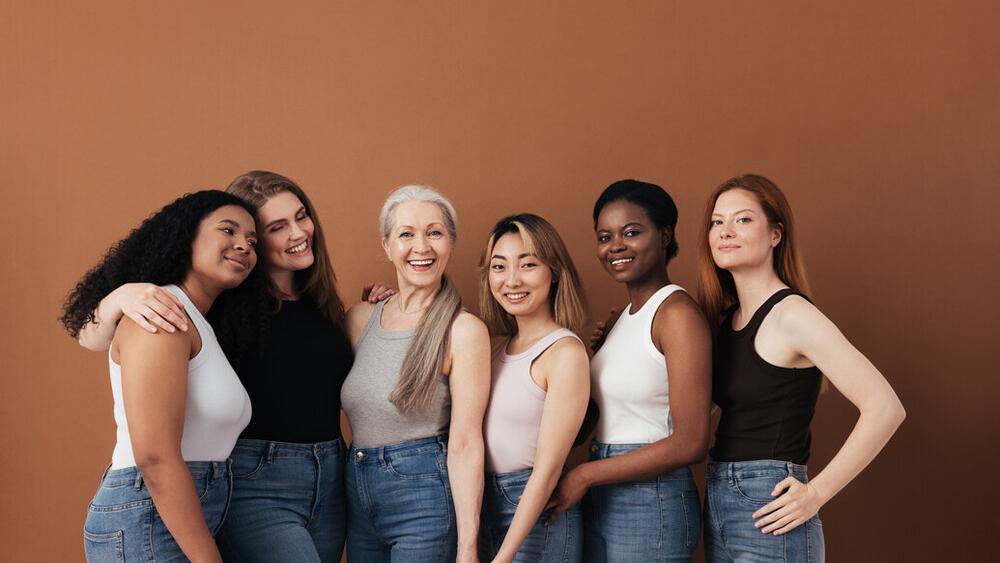
As women enter their 30s, their bodies go through many changes. These changes can bring different health challenges. Knowing about these issues can help women take better care of themselves and live a healthy life.
In this article, we will talk about the top health problems that women face after turning 30. We will also share tips to stay healthy and answer some common questions.
Hormonal Changes and Irregular Periods
“What happens to hormones after 30?”
After 30, women may notice their periods become irregular. Hormones like estrogen and progesterone can rise or fall, which affects the menstrual cycle. Some may also face premenstrual syndrome (PMS) more strongly than before.
Common signs:
- Mood swings
- Heavy or light periods
- Bloating
- Fatigue
What to do:
Eat healthy food, reduce stress, and visit a doctor if your periods change a lot or become painful.
Weight Gain and Slow Metabolism
“Why is it hard to lose weight after 30?”
After 30, metabolism slows down. This means the body burns fewer calories, even during the same activity. As a result, women may start gaining weight even if they eat the same amount as before.
Causes:
- Hormonal imbalance
- Less physical activity
- More stress
- Poor sleep
How to manage:
- Eat more fruits, vegetables, and lean proteins
- Exercise at least 30 minutes daily
- Avoid sugary and processed foods
Fertility and Reproductive Health
“Does fertility drop after 30?”
Yes, fertility starts to slowly decrease after 30. This happens because the number and quality of eggs in the ovaries start to reduce. Getting pregnant may take longer for some women.
Common fertility issues:
- Irregular ovulation
- Polycystic Ovary Syndrome (PCOS)
- Endometriosis
What to do:
Talk to a gynecologist if you’re planning a baby. Maintain a healthy weight and avoid smoking or drinking.
Bone Health and Risk of Osteoporosis
“Why bone health is important after 30?”
Women start to lose bone density after their early 30s. This makes bones weak and can lead to osteoporosis later in life. Weak bones break easily and heal slowly.
Risk factors:
- Low calcium and vitamin D
- Lack of exercise
- Family history of bone issues
Prevention:
- Include dairy, leafy greens, and nuts in your diet
- Get sunlight for vitamin D
- Do weight-bearing exercises like walking or yoga
Mental Health: Anxiety and Depression
“Is mental health affected after 30?”
Yes, many women experience anxiety, stress, or depression in their 30s. This may be due to work pressure, family responsibilities, or hormonal changes. Mental health is as important as physical health.
Signs to watch:
- Feeling sad or tired all the time
- Losing interest in daily life
- Trouble sleeping or eating
What helps:
- Talk to a friend or therapist
- Take breaks and practice mindfulness
- Get enough sleep and stay active
Skin and Hair Changes
“Why does skin and hair change after 30?”
Due to less collagen, skin may start looking dry, dull, or wrinkled. Hair may also become thinner or fall more. These are normal signs of aging but can be reduced with good care.
Simple care tips:
- Use sunscreen daily
- Drink plenty of water
- Avoid harsh hair products
- Eat foods rich in vitamins A, C, and E
Thyroid Problems
“What is the thyroid and how does it affect health?”
The thyroid is a small gland that controls body energy. Women in their 30s are at higher risk of thyroid problems. Symptoms include tiredness, weight changes, or mood swings.
How to check:
Do a blood test (TSH test). If needed, the doctor may give medicine to balance your hormones.
Heart Health Risks
“Do women face heart problems after 30?”
Yes, heart disease risk can begin in the 30s. Unhealthy eating, stress, smoking, and no exercise increase this risk. It is important to take care of your heart early.
Prevention tips:
- Avoid fried and salty food
- Check blood pressure regularly
- Stay active and manage stress
5 Frequently Asked Questions (FAQs)
Q1. Why do women gain weight easily after 30?
After 30, metabolism slows down and hormonal changes happen. This makes the body store fat more easily, especially if you don’t stay active or eat a healthy diet.
Q2. Is it normal to feel tired all the time in your 30s?
Yes, but if it happens often, it could be due to poor sleep, stress, thyroid issues, or low iron. A doctor’s check-up and healthy lifestyle can improve your energy levels.
Q3. How can I keep my bones strong after 30?
Eat foods rich in calcium and vitamin D, do regular weight-bearing exercises like walking, and avoid smoking or drinking too much alcohol.
Q4. Can mental stress affect physical health after 30?
Yes, stress can cause headaches, weight gain, sleep problems, and even heart issues. Try relaxation techniques like meditation or talking to a counselor.
Q5. Should I get regular health checkups after 30?
Yes, regular checkups help catch problems early. It’s good to monitor blood pressure, cholesterol, thyroid, sugar levels, and get a Pap smear every 3 years.
Conclusion
Women after 30 face different health issues like weight gain, hormonal changes, stress, and weak bones.
Early care and regular health checks can prevent bigger problems later.
Eat healthy, stay active, and sleep well for better health.
Mental and physical health both matter and should be balanced.
Make small lifestyle changes to feel better every day.
Always speak to a doctor if anything feels unusual in your body.
